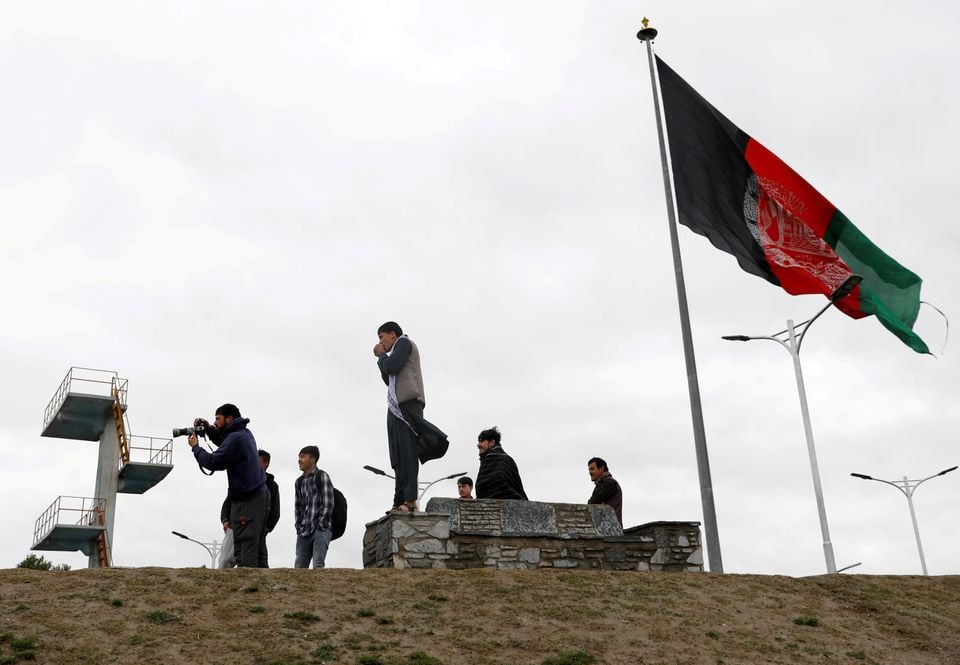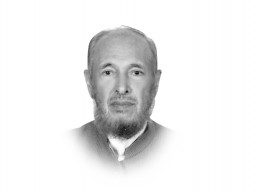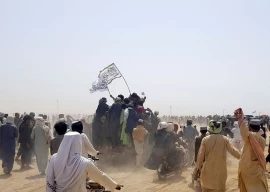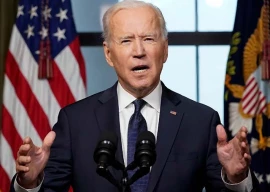
Former Afghan envoy to London, Ahmad Wali Massoud, has blamed the fall of northern Afghanistan to the Taliban without any significant resistance by the Afghan armed forces on the “corrupt politicians and the corrupt government” that has not paid or fed the troops.
Massoud – brother of legendary Northern Alliance chief Ahmed Shah Massoud – made these remarks while talking to the Wall Street Journal as the Taliban captured the capital of the strategic Samangan province on Monday after a prominent pro-government commander switched sides.
The capture of Aibak followed the takeover of four other provincial capitals in the past three days, giving a boost to the Taliban forces to step up assaults on Mazar-e-Sharif, the main metropolis of northern Afghanistan. "Taliban forces attacked the now-isolated city of half a million people from different directions on Monday, but so far haven’t made significant inroads," the US newspaper reported.
Speaking about the collapse Afghan National Army in the face of the Taliban attacks, Massoud said: “There is no motivation for the army to fight for the corrupt government and corrupt politicians here.”
“They are not fighting for Ghani. They haven’t even been fed properly. Why should they fight? For what? They are better off with the Taliban, which is why they are switching sides like that,” he said alluding to defections and lack of morale in the Afghan army.
Read Over 1,000 Afghan troops flee Taliban into Tajikistan
Afghan President Ashraf Ghani, on the other hand, seemed "wildly optimistic" as he held meetings on the digitisation of public administration and reforms in the attorney general's office.
On Monday, Ghani held a series of meetings with power brokers and militia commanders, and said that anti-Taliban “uprising” militias will be equipped and supported “within the government framework”.
A senior government official quoted by the WSJ said: “The series of battlefield losses is fueling calls for President Ashraf Ghani —who has relied on a narrow circle of advisers and frequently changed key ministers and military commanders—to change how he governs or step aside.”
“Kabul could fall to the Taliban within a few weeks unless all political forces opposed to the insurgency unite behind a common war plan,” it warned.
‘No pay for Afghan forces’
According to WSJ, Afghanistan’s US-funded and US-trained security forces have often melted away in the face of the assaults. It added that the "main resistance to the Taliban has come from commando units, the National Directorate of Security intelligence agency, and militias affiliated with mujahedeen warlords".
Afghanistan’s security forces, numbering some 350,000 troops on paper, should have been sufficient to hold back the Taliban, but only some 250,000 troops were in service at the start of the Taliban's spring offensive. A majority of the troops laid down arms after the government proved unable to resupply its far-flung outposts. The soldiers hadn't been paid for months as well.
Read Afghan Air Force pilot killed in Kabul bombing, attack claimed by Taliban
According to WSJ, "Afghanistan’s Air Force has been a potent weapon against the Taliban, few Afghans are able to service its warplanes and helicopters and Western contractors who did so are largely gone."
The Afghan army’s elite commando units, meanwhile, have been trained to operate with close air support during operations and have now sometimes found themselves abandoned to their own fate, it reported.
1731329418-0/BeFunky-collage-(39)1731329418-0-405x300.webp)




1731738952-0/Untitled-design-(13)1731738952-0-270x192.webp)



1731735822-0/Copy-of-Untitled-(1)1731735822-0-270x192.webp)










COMMENTS
Comments are moderated and generally will be posted if they are on-topic and not abusive.
For more information, please see our Comments FAQ